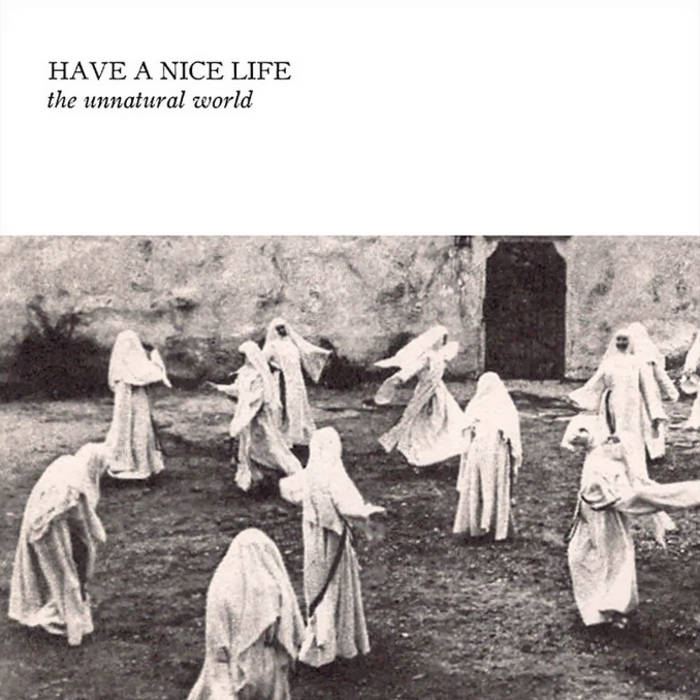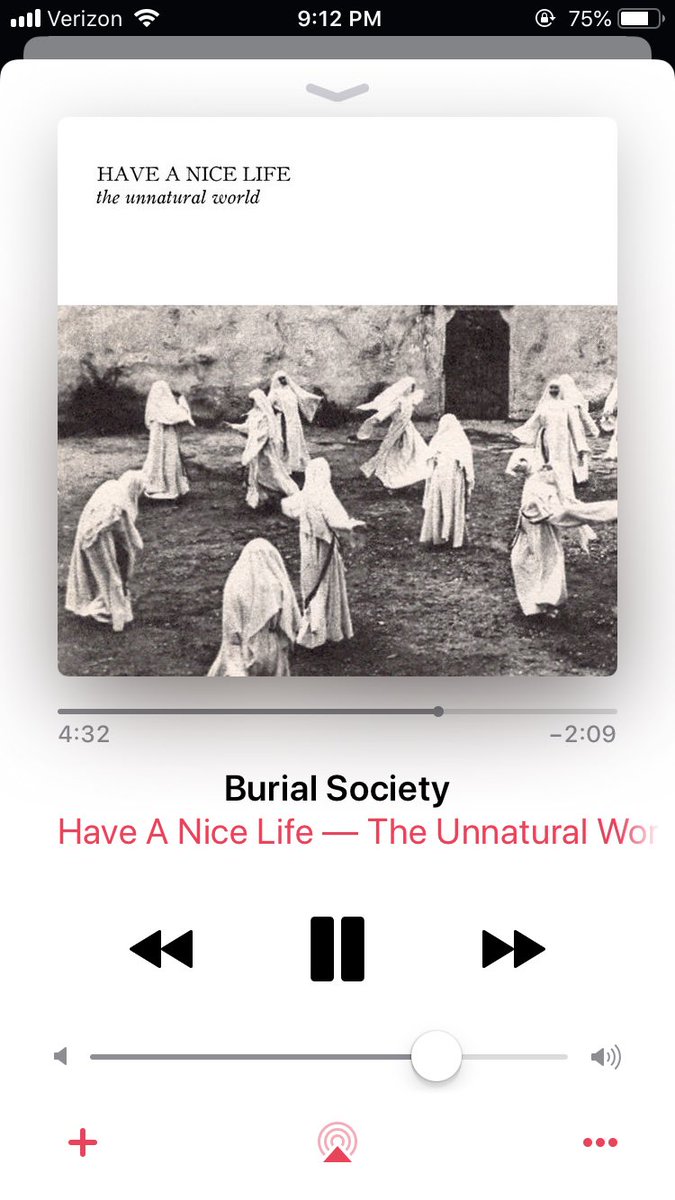


Most modern cultures document the location of graves with headstones, which may be inscribed with information and tributes to the deceased. Some religions consecrate special ground to bury the dead, and some families build private family cemeteries. Some cultures keep the dead close to provide guidance to the living, while others "banish" them by locating burial grounds at a distance from inhabited areas. The location of the burial may be determined by taking into account concerns surrounding health and sanitation, religious concerns, and cultural practices. Depending on the culture, the way the body is positioned may have great significance. Sometimes objects or grave goods are buried with the body, which may be dressed in fancy or ceremonial garb. Methods of burial may be heavily ritualized and can include natural burial (sometimes called "green burial") embalming or mummification and the use of containers for the dead, such as shrouds, coffins, grave liners, and burial vaults, all of which can retard decomposition of the body. It has been used to prevent the odor of decay, to give family members closure and prevent them from witnessing the decomposition of their loved ones, and in many cultures it has been seen as a necessary step for the deceased to enter the afterlife or to give back to the cycle of life.

Burial is often seen as indicating respect for the dead. Humans have been burying their dead since shortly after the origin of the species. A funeral is a ceremony that accompanies the final disposition. This is usually accomplished by excavating a pit or trench, placing the deceased and objects in it, and covering it over. Scroll, if necessary to see the “Request My Quote” submission button.Underwater funeral in Twenty Thousand Leagues Under the Sea from an edition with drawings by Alphonse de Neuville and Édouard Riouīurial, also known as interment or inhumation, is a method of final disposition whereby a dead body is placed into the ground, sometimes with objects. Preplanning your funeral saves money and grief, as well as deciding whether you want to be buried in a casket or cremated and put into and urn, figuring out who gets what part of your estate and all the related turmoil associated with the end of life. There are many things you can do to make your death easier on the wallets of those you love. Burial insurance (also known as funeral insurance) is promoted as a way to pay in advance for your funeral expenses so that your loved ones won’t have to pay for your funeral. There is a very simple question to answer as to whether or not you need burial insurance.īurial insurance (aka funeral insurance) is a basic issue life insurance policy that covers people until they reach 100 years old.
BURIAL SOCIETY HAVE A NICE LIFE FREE
A very inexpensive way to obtain quality burial insurance is to get a free life insurance quote. Most people who are searching online for burial insurance don’t realize that funeral insurance is essentially life insurance. Funeral insurance can make a world of difference to your loved ones but make sure that you know exactly what you’re paying for. The important thing when looking into any type of funeral insurance is to check all of the details really carefully and weigh up all of your options.
BURIAL SOCIETY HAVE A NICE LIFE FULL


 0 kommentar(er)
0 kommentar(er)
